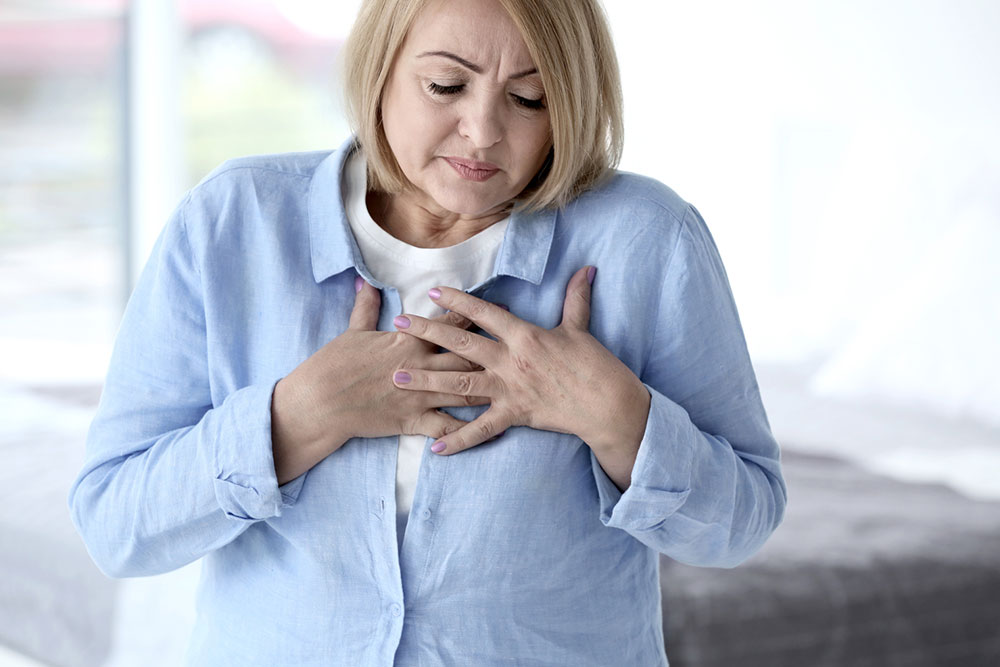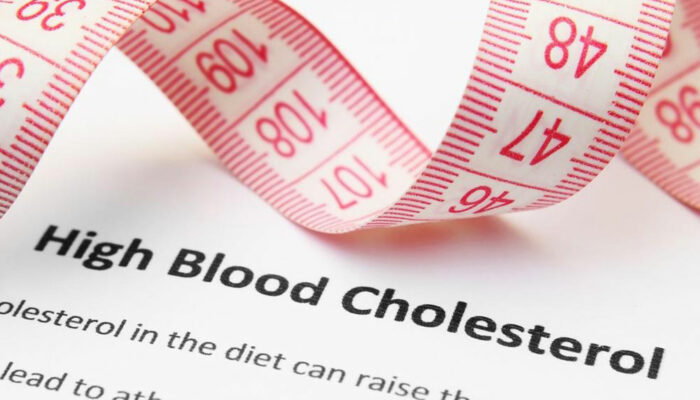
Heart attack – Symptoms, risk factors, and treatment
A heart attack is a condition which occurs when there is a sudden blockage in the blood flow to the heart. This blockage is caused due to the accumulation of fat, cholesterol, and other such substances which form a plaque in the arteries going to the heart. After some time, this plaque will break off and form a clot. This interruption in the blood flow can damage the heart muscle.
Symptoms of a heart attack
- A patient may face severe pain in the chest. This pain will make them feel like there is a heavy object on their chest, pressing down on it. The pain can pass from the chest to the neck, the jaw, arms, and back.
- Patients may also feel breathlessness or shortening of the breath during a heart attack.
- When a person has a heart attack, they might feel very weak and lightheaded.
- There could be a feeling of anxiety or stress during a heart attack.
- Sometimes, people might confuse this pain with pain caused by indigestion.
If an individual is facing all the symptoms described above, then it is quite possible that they are suffering from a heart attack and require immediate treatment.
Risk factors
Many factors can increase a person’s likelihood of suffering from a heart attack.
- Age: A heart attack is associated with age. If an individual is older than sixty-five years, then they are more likely to face a heart attack.
- Gender: Most of the time, it has been seen that men are more likely to get a heart attack than women.
- Family history: If there is a family history of heart diseases, then it will increase an individual’s risk of getting a heart attack.
- Race: It is observed that people of African descent are more likely to suffer from this condition.
- Smoking: If a person smokes a lot every day, then they face a higher risk of developing this condition.
- Cholesterol levels: When a person’s annual medical checkup shows a frequent rise in cholesterol level, it will increase their risk of a heart attack.
- Body weight: People who are obese are more prone to heart attacks than a person who has a healthy body weight.
- Physical inactivity: If an individual exercises daily, it will decrease their chance of getting a heart attack.
- Stress levels: Stress and anxiety also play a role in increasing the risk of a heart attack.
- Alcohol: The consumption of alcohol also increases the possibility of developing this condition.
Treatment for a heart attack
It is vital to take immediate action when someone is facing a heart attack. It will reduce the likelihood of any complications. If an individual is having a heart attack, doctors try to treat them with manual chest compressions and a defibrillator. After a heart attack, doctors provide the patient with several treatments like aspirin, beta-blockers, statins, angioplasty, and coronary artery bypass graft.



